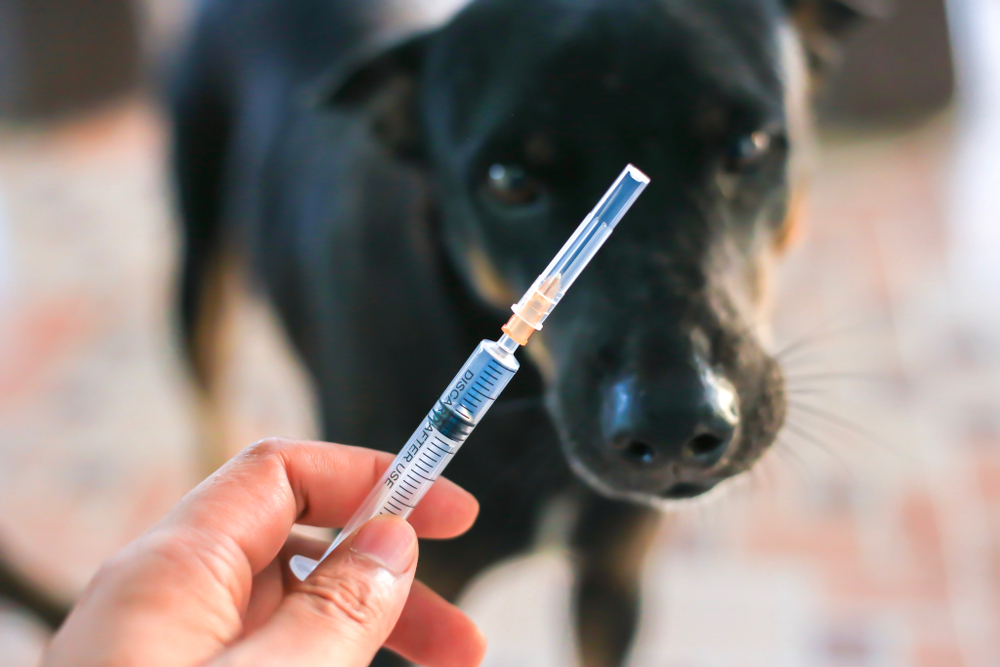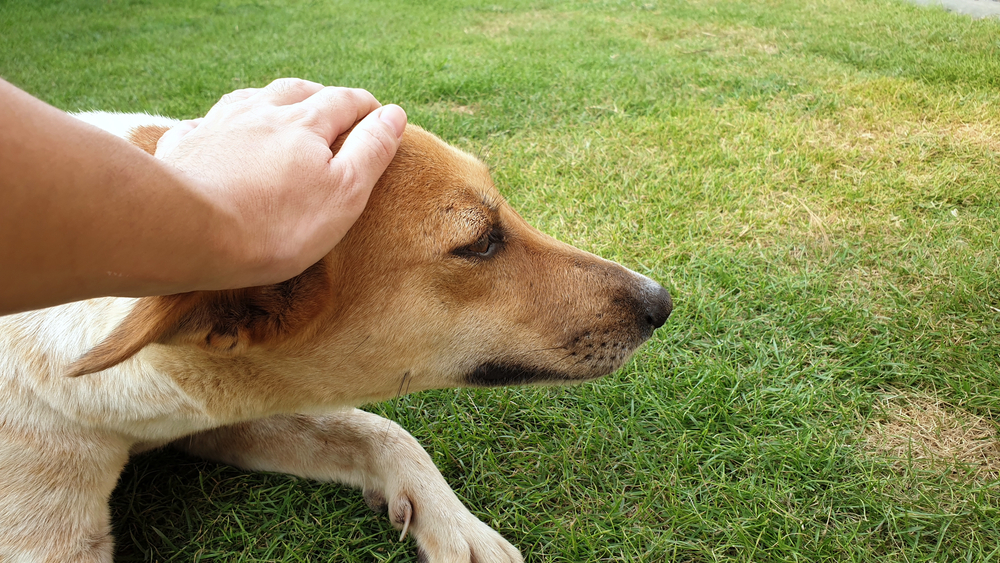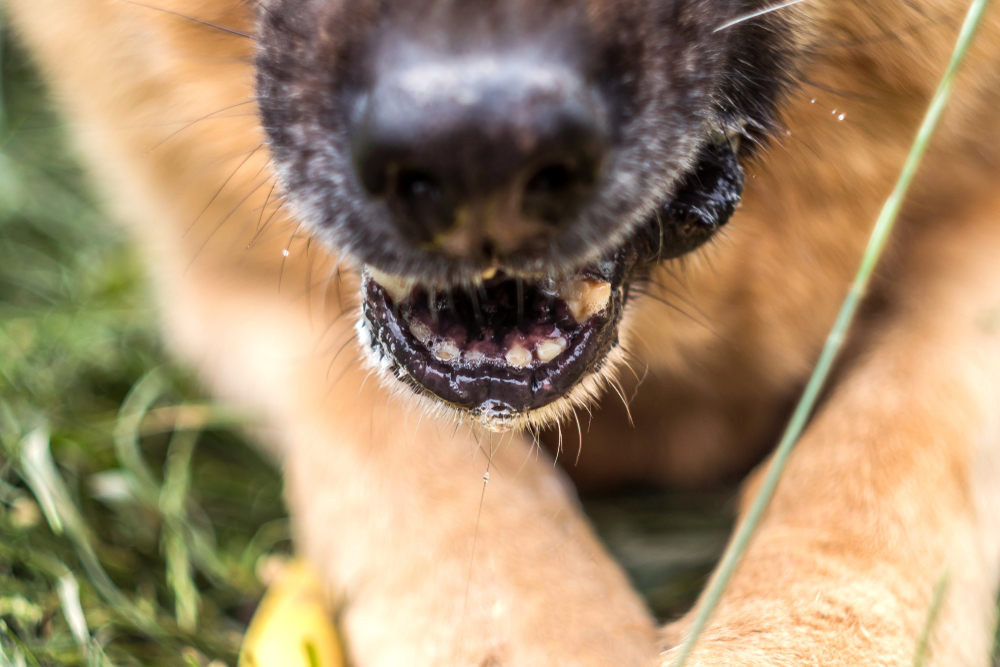
Protecting Your Furry Friend: Understanding Rabies Symptoms and Prevention
Understanding Rabies in Pets
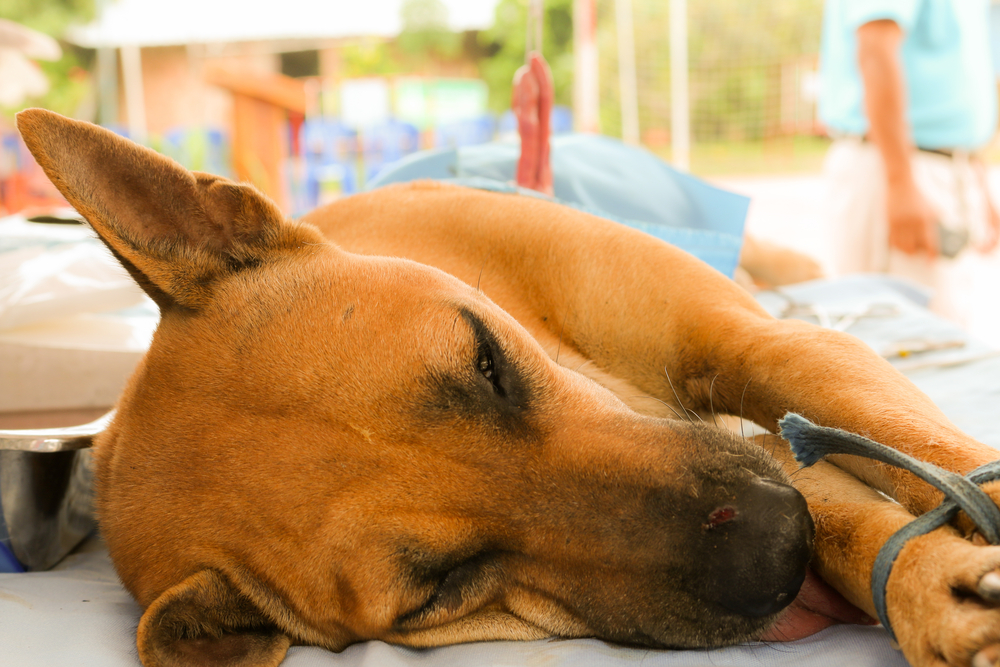
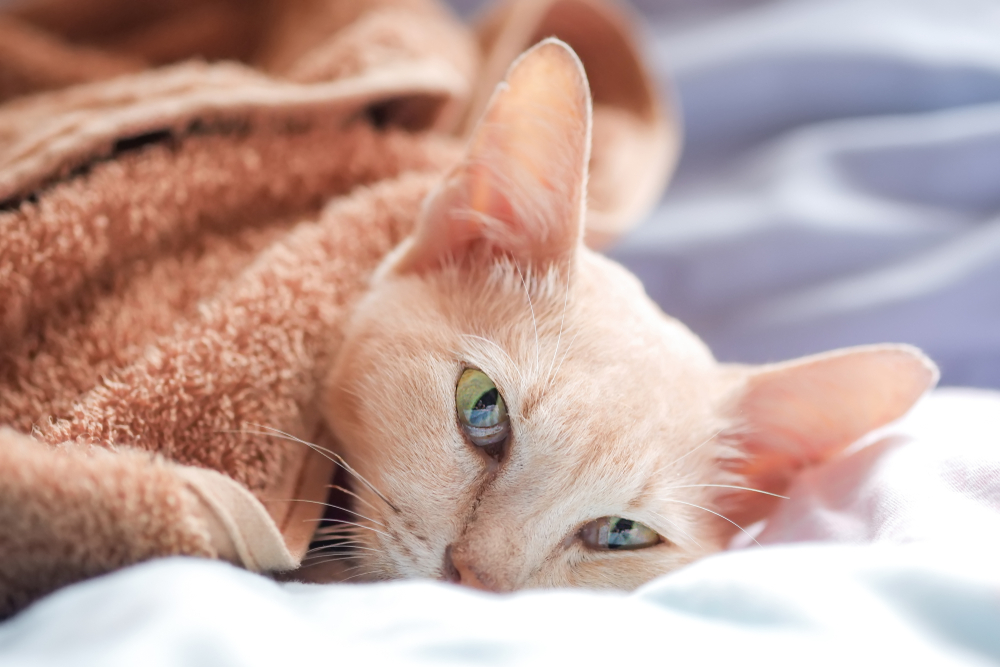
Common Symptoms of Rabies in Pets
Behavioral Changes: One of the earliest signs of rabies in pets is a noticeable change in behavior. Your once-friendly and affectionate pet may become unusually aggressive, anxious, or disoriented. They may also display unexplained restlessness or irritability.
Excessive Drooling: Rabies often leads to excessive salivation, causing your pet to drool excessively. This is a symptom that should not be ignored, especially if it persists or worsens over time.
Difficulty Swallowing: Infected pets may experience difficulty swallowing, leading to choking, gagging, or a refusal to eat or drink. This can result in a sudden loss of appetite.
Paralysis and Seizures: As rabies progresses, it can affect the nervous system, leading to paralysis and seizures. Your pet may lose control over its limbs, stumble, or even become paralyzed entirely.
Change in Vocalization: Pets with rabies may also exhibit changes in their vocalizations. Dogs, for example, may bark or howl excessively, while cats may meow incessantly.
Preventing Rabies in Your Pets
- Vaccination: Ensure that your pet is up to date on its rabies vaccinations. Regular booster shots are necessary to maintain immunity. At the Companion Animal Health & Rehab Center, we offer rabies vaccinations and can help you establish a vaccination schedule.
- Avoid Wildlife Interactions: Supervise your pet when they are outdoors, and keep them away from wild animals, especially those that appear sick or behave strangely.
- Spaying/Neutering: Spaying or neutering your pet can reduce their urge to roam, minimizing the risk of encounters with potentially rabid animals.
- Secure Fencing: Maintain secure fencing around your property to prevent wild animals from entering your yard and potentially exposing your pet to rabies.
- Regular Check-Ups: Schedule regular veterinary check-ups to monitor your pet’s health. This allows for early detection of any issues and ensures your pet’s vaccinations are current.
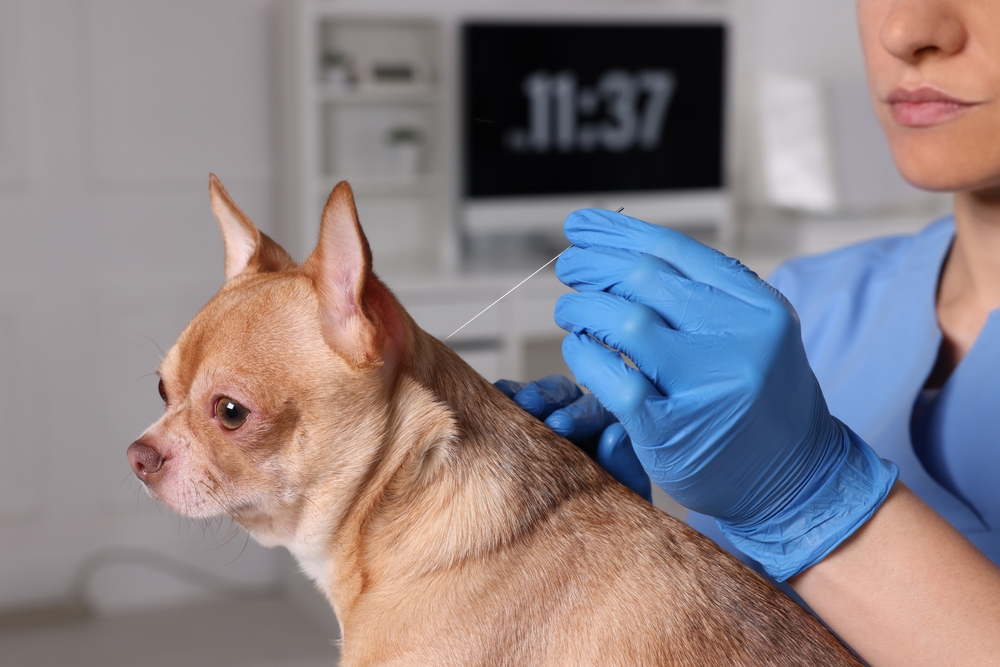
Join Us in Safeguarding Your Pet's Health on World Rabies Day and Beyond!
